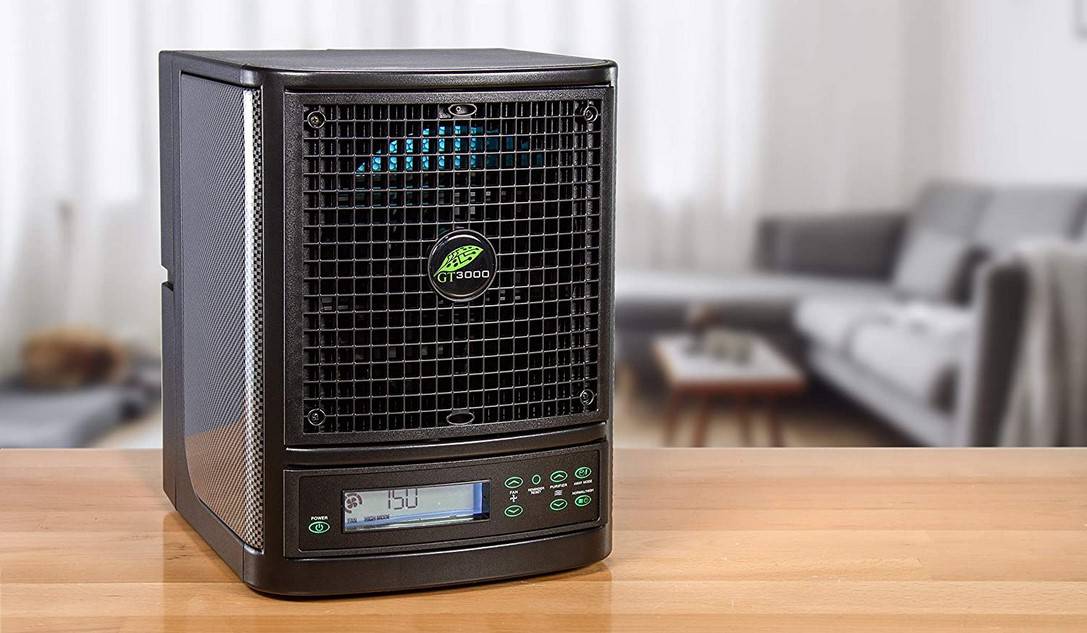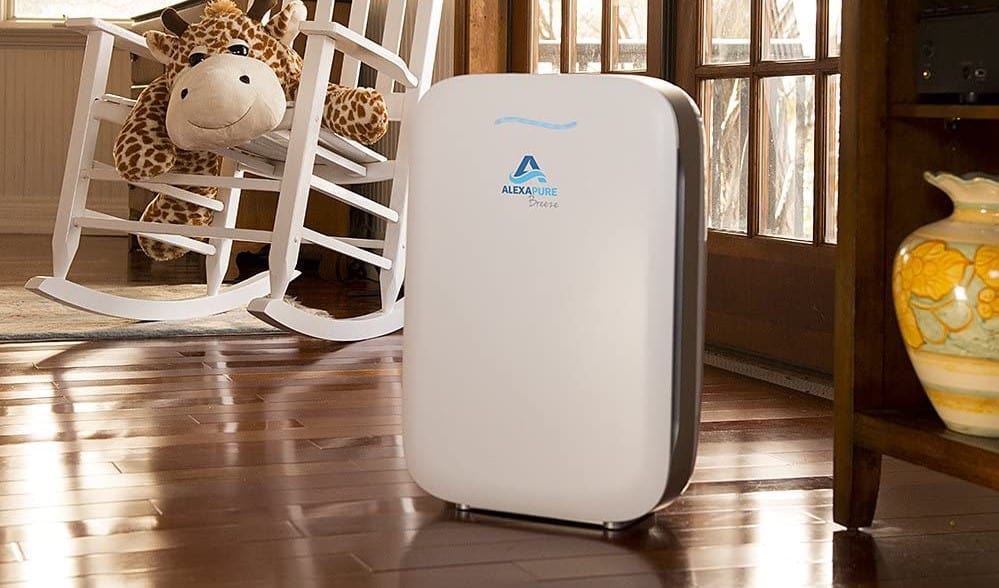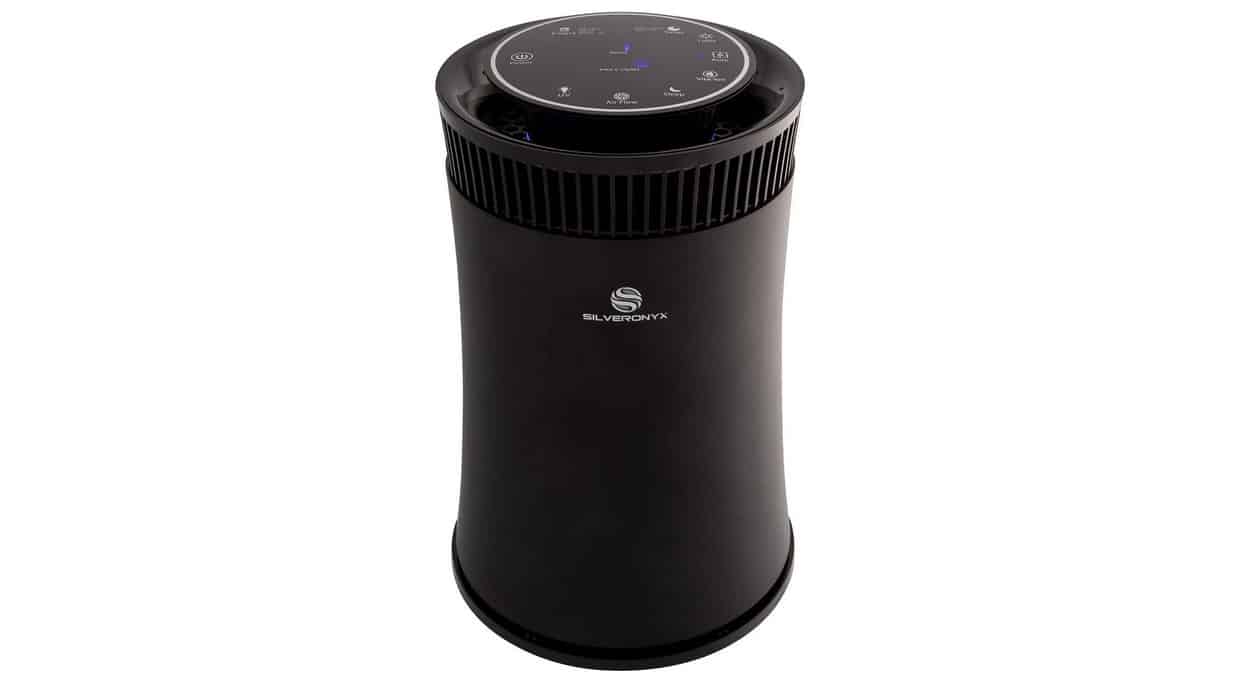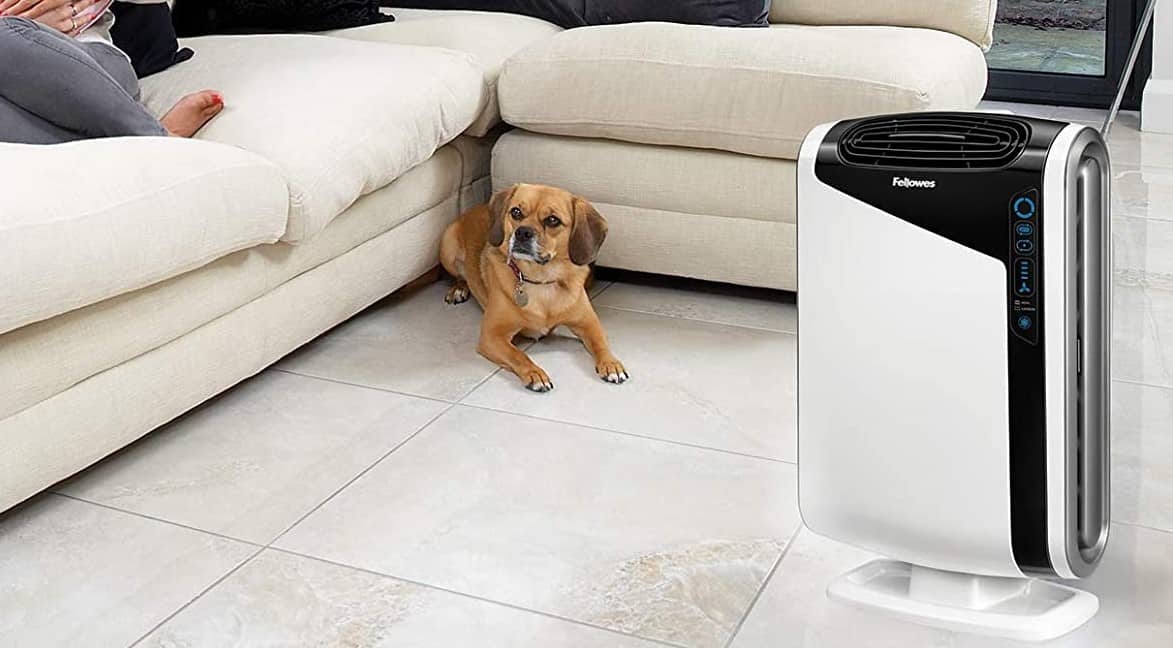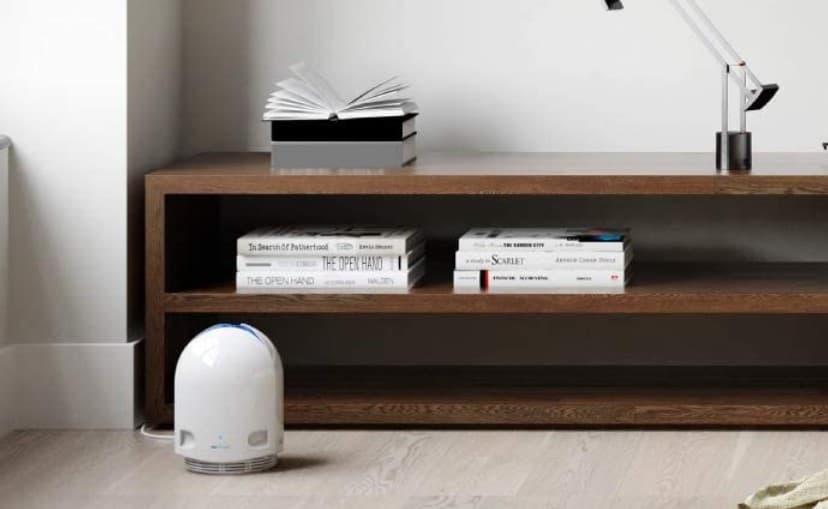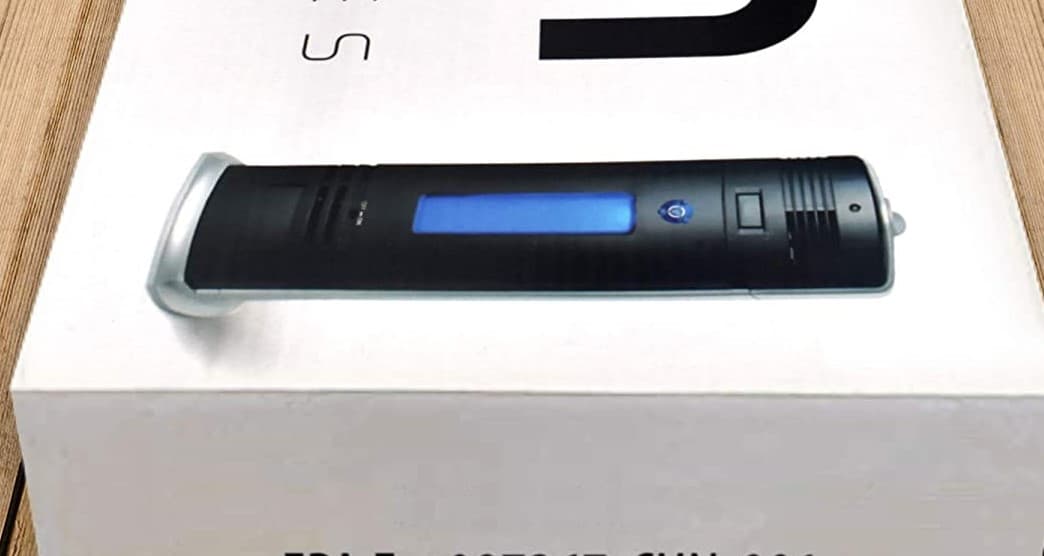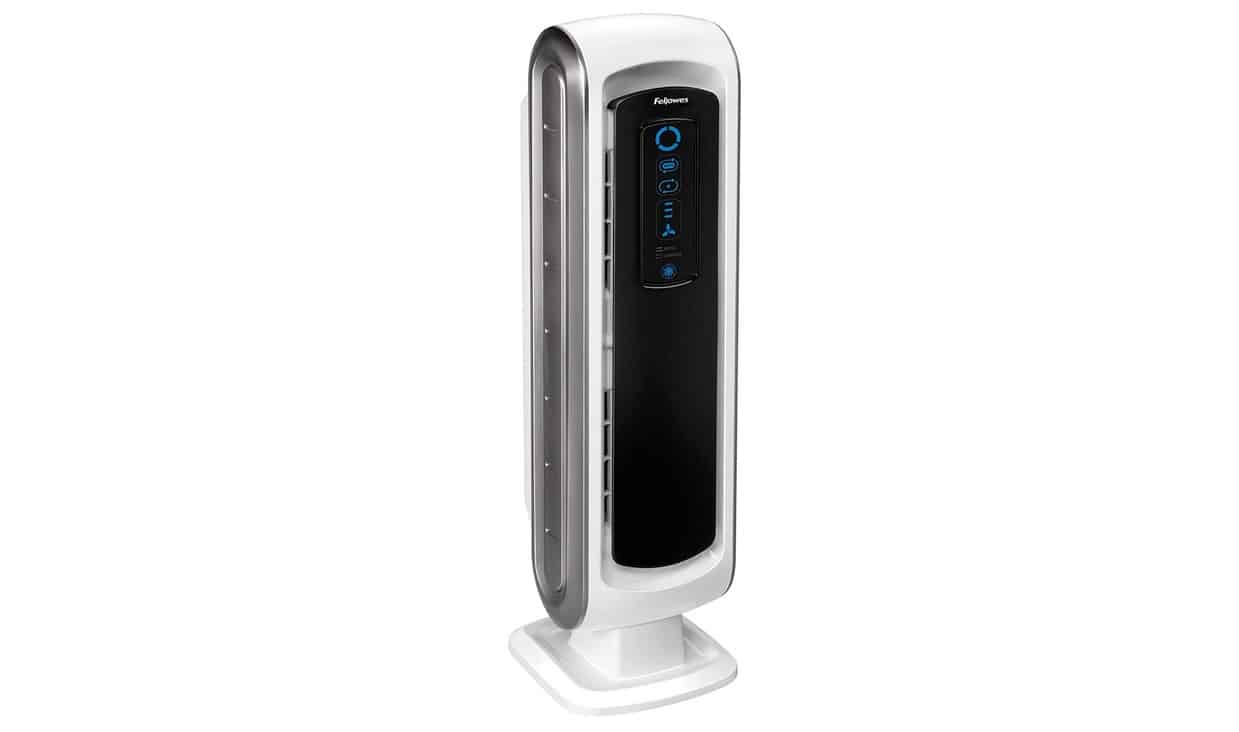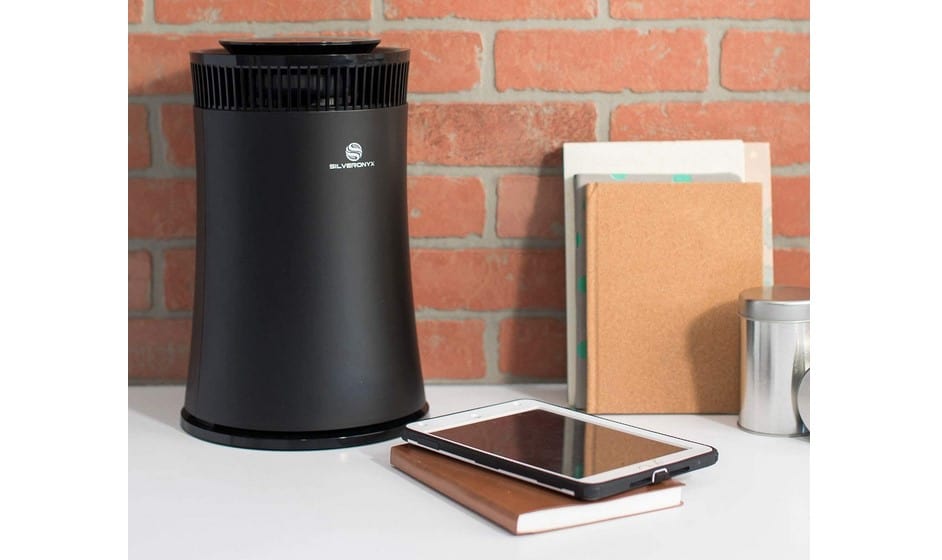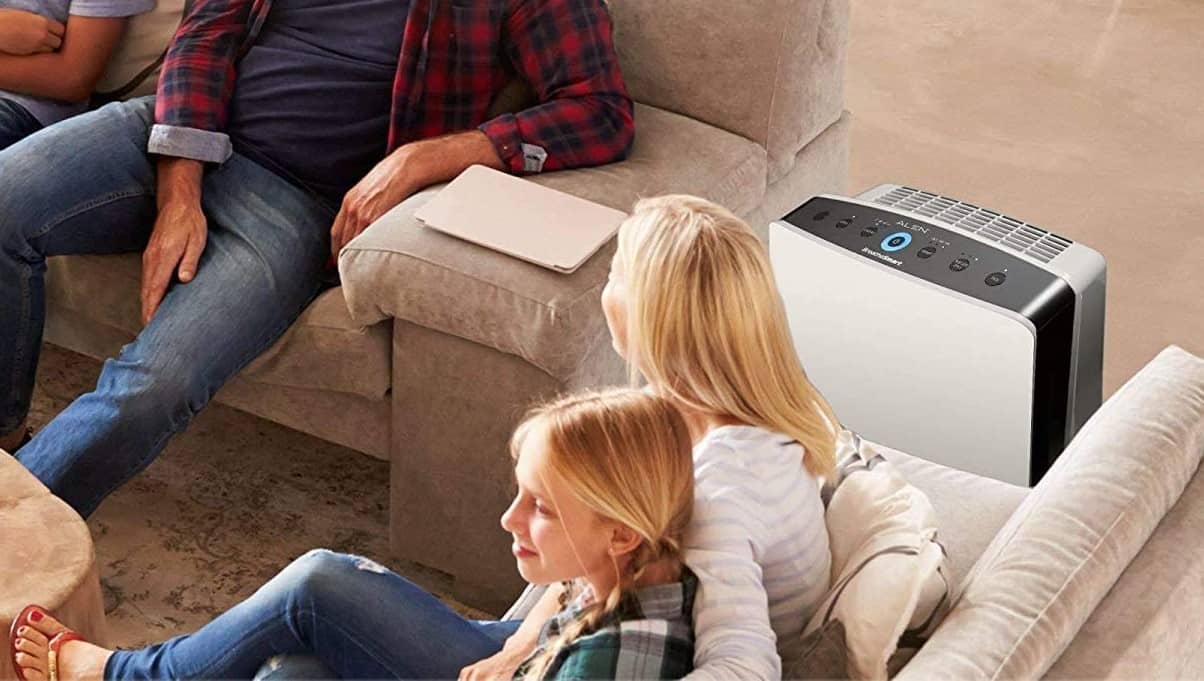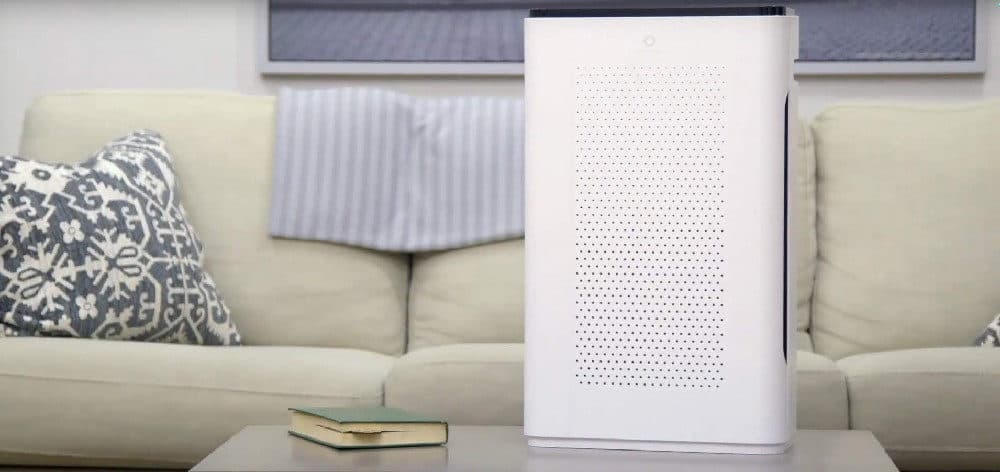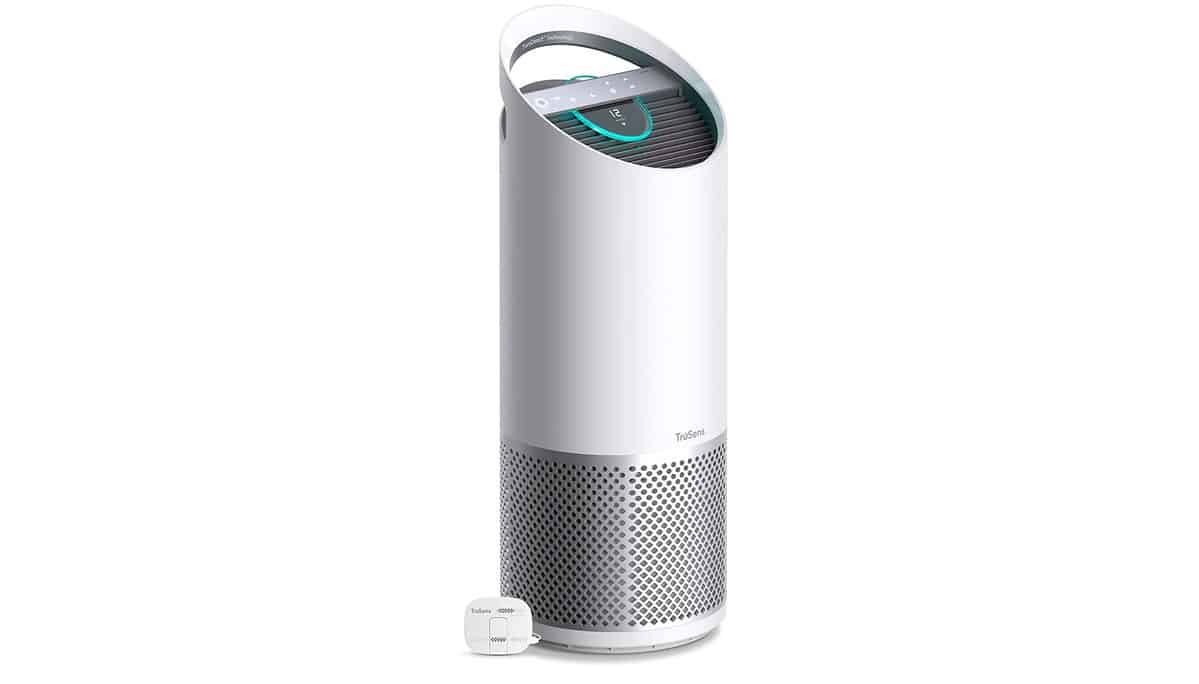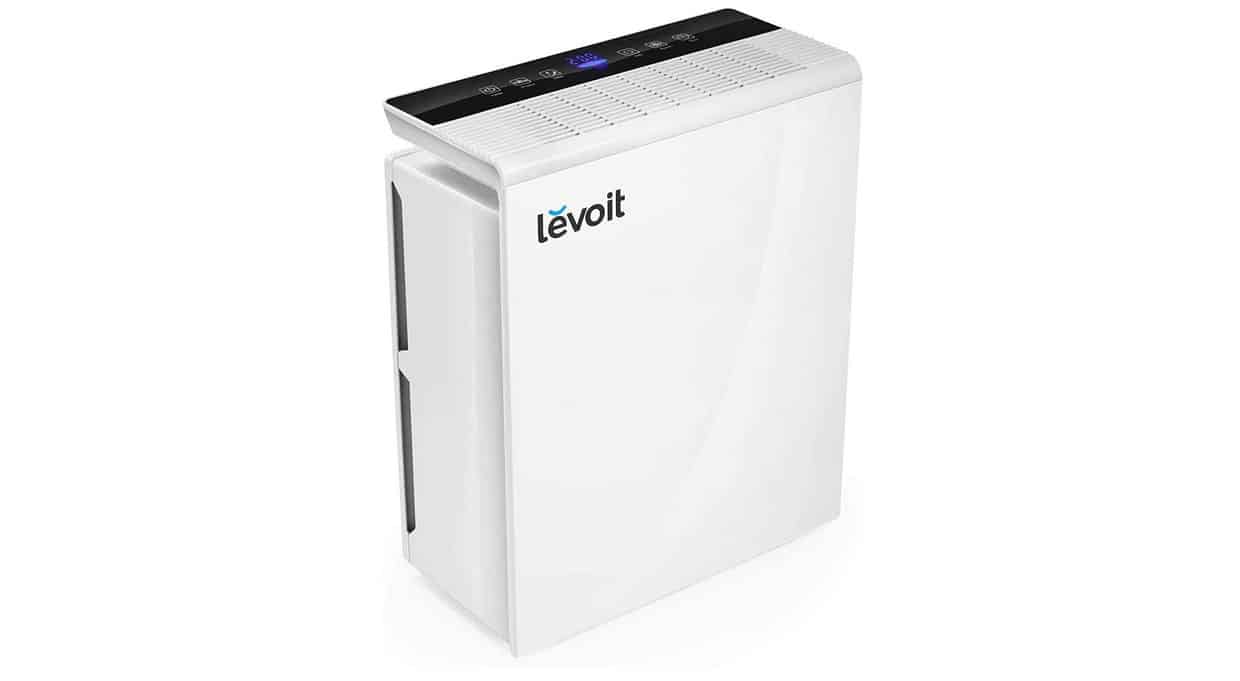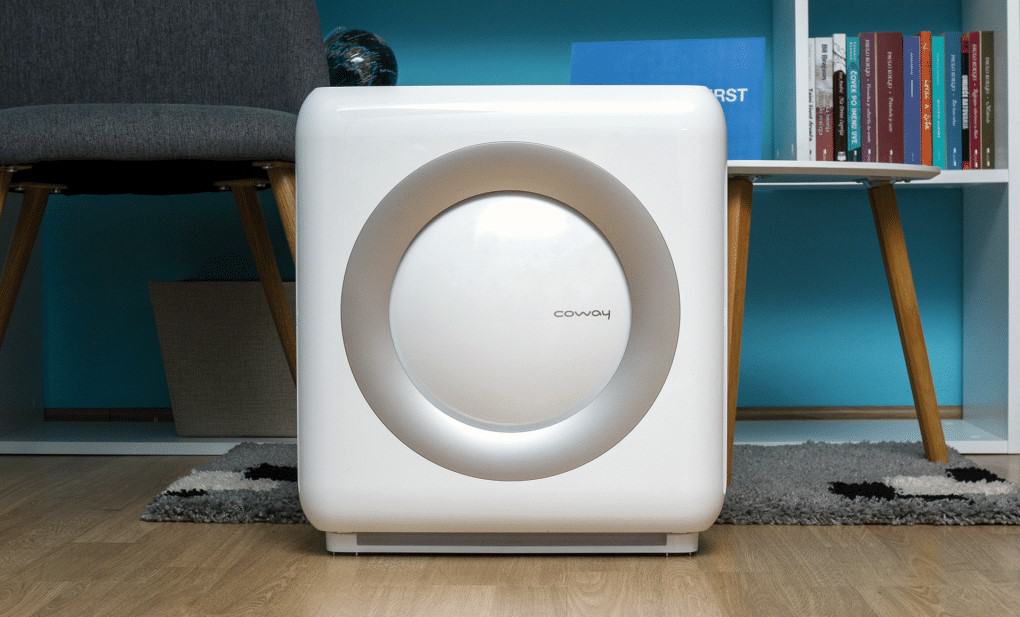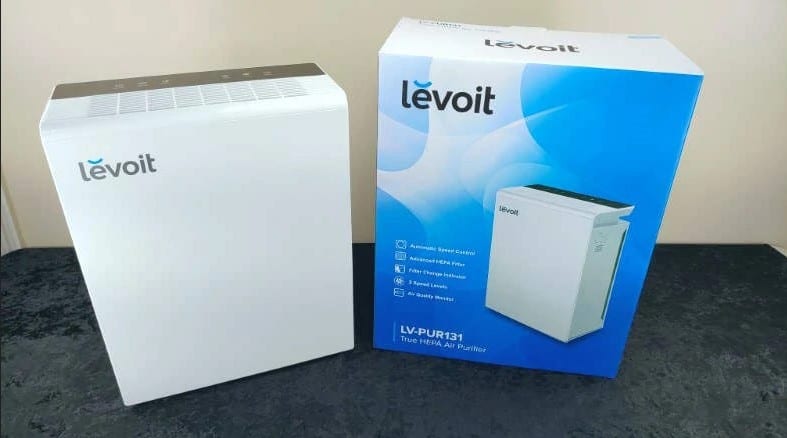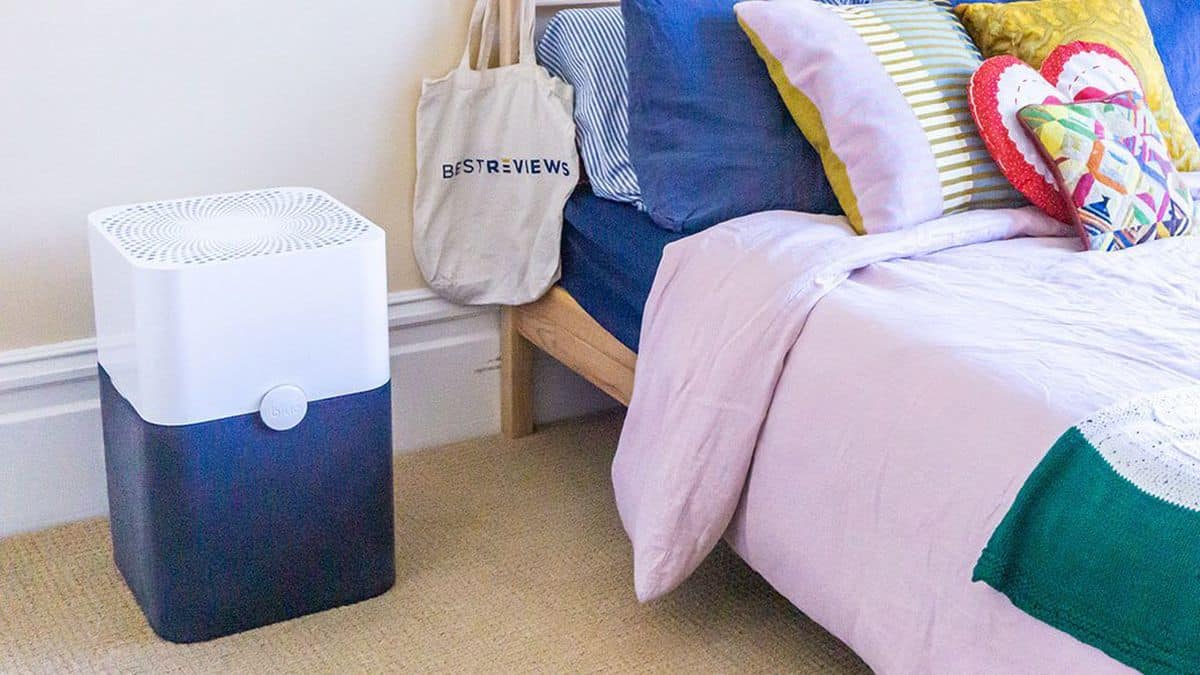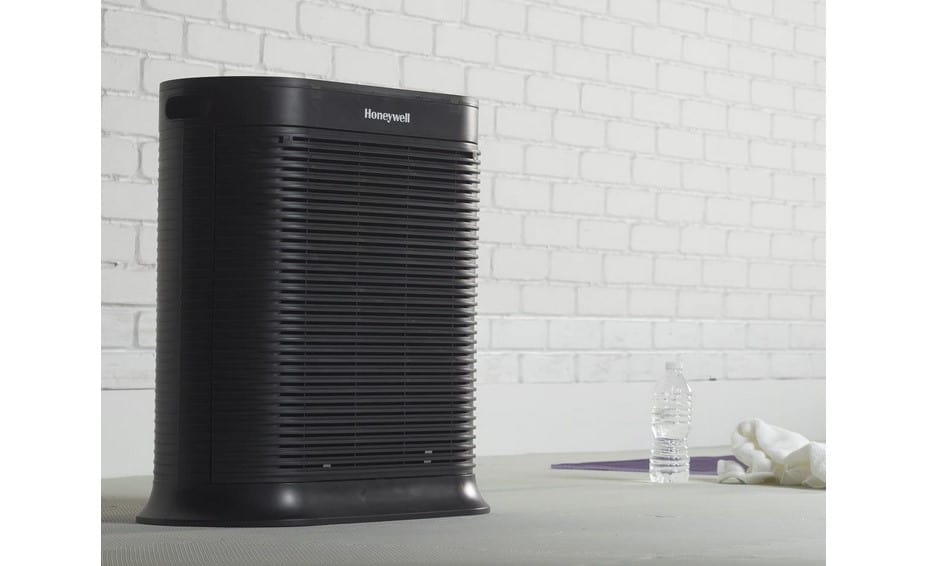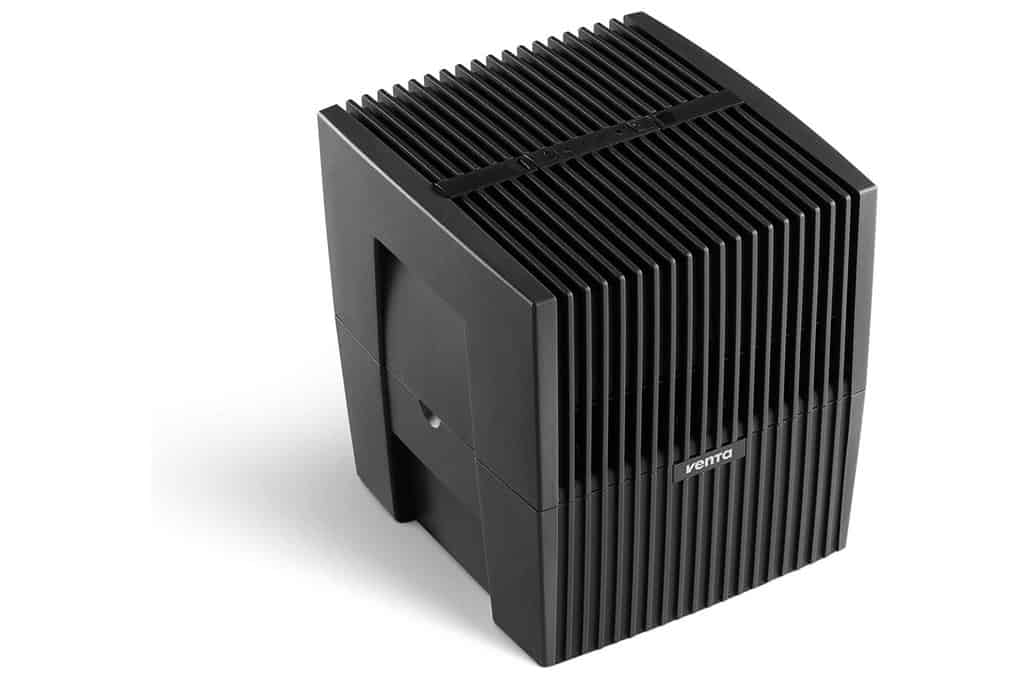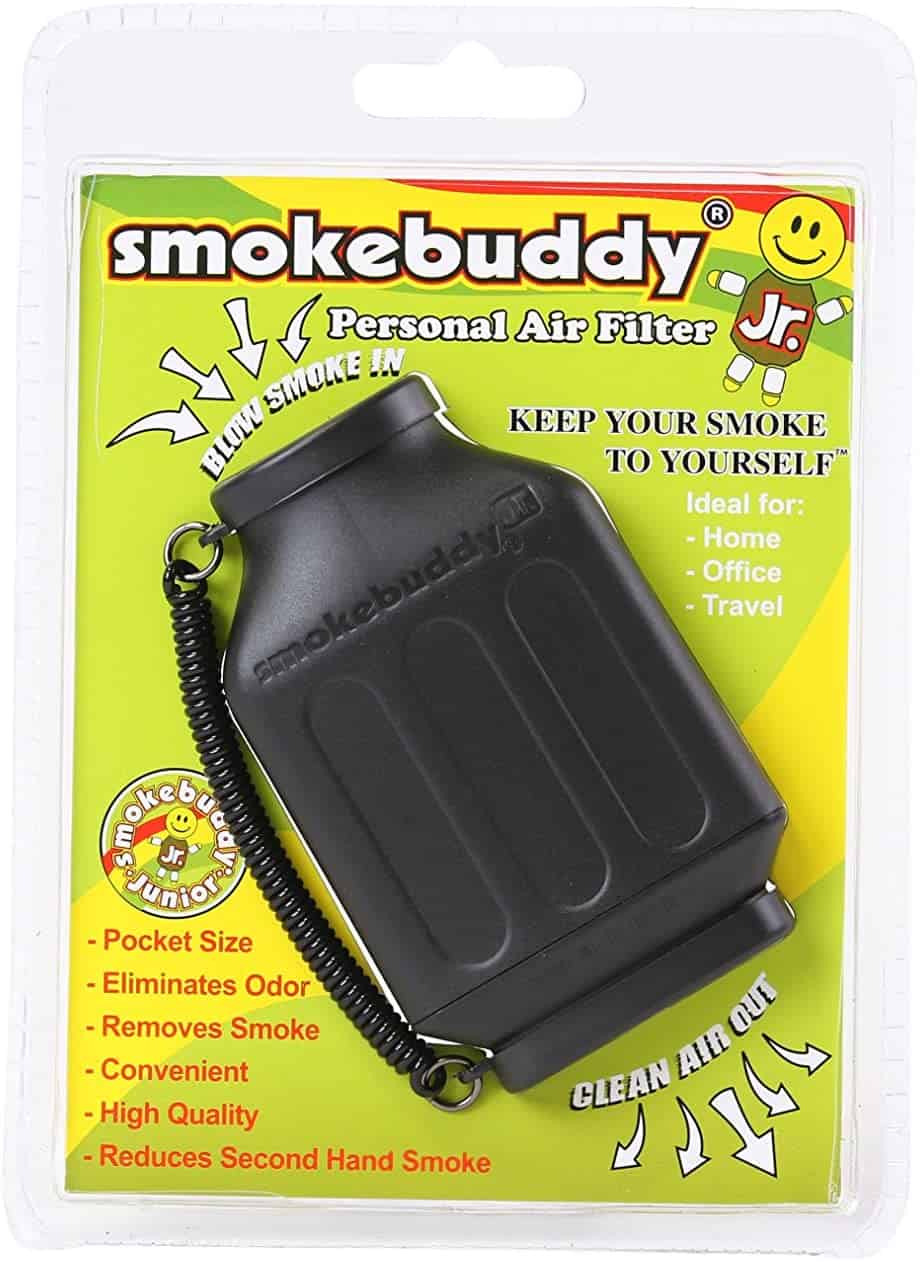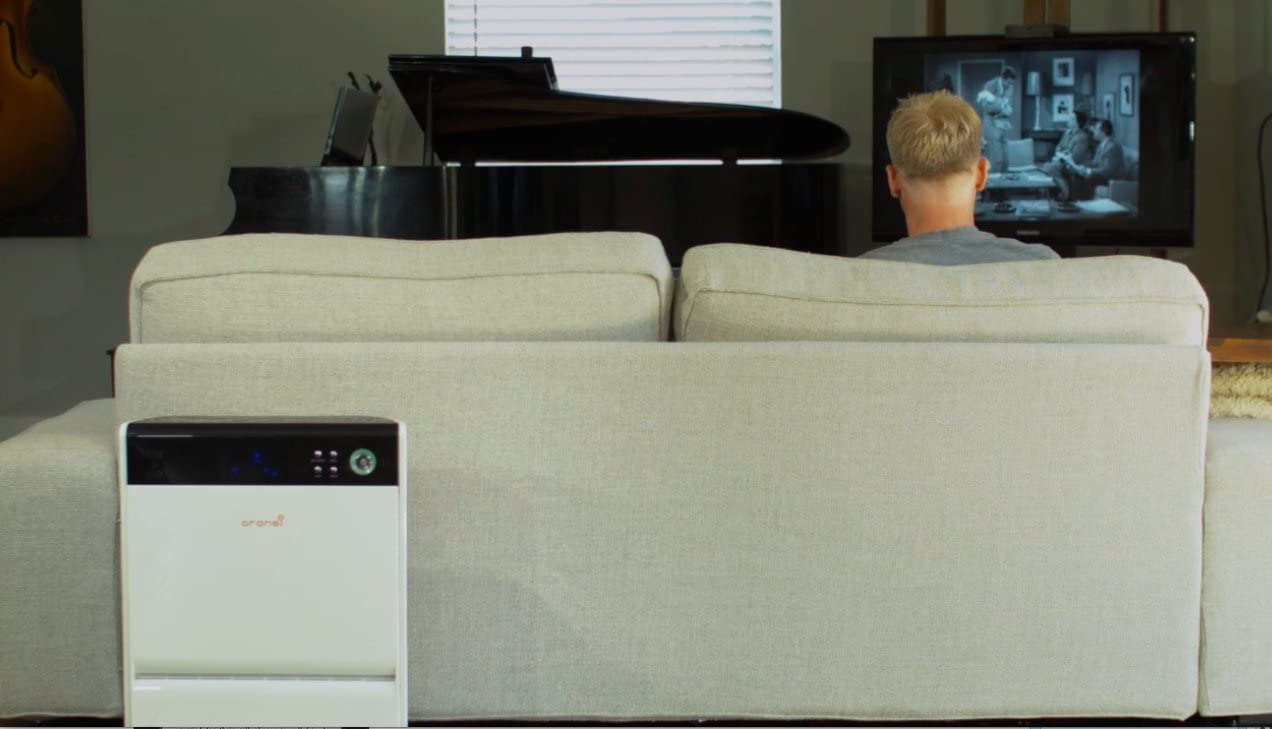With the increasing awareness of the effects of pollution and the concern over the spread of germs, consumers are considering different air purifiers to help reduce their exposure. When determining the best air purifier, you may need to consider PM2.5 vs. HEPA filter and how effective a HEPA filter is.
KEY TAKEAWAYS:
- Particulate matter that is 2.5 micrometers or smaller is referred to as PM2.5.
- HEPA filters eliminate 99.97% of particulate matter that is 0.3 microns in size or larger.
- When it comes to PM2.5, HEPA filters in air purifiers help reduce the concentration, resulting in fewer health issues.
HEPA Filters vs. PM2.5 Effectiveness
Brands install high-efficiency particulate air (HEPA) filters in their air purifiers with the idea of improving indoor air quality in mind. According to the U.S. Department of Energy, each filter receives testing at an independent air filter test facility. These filters eliminate 99.97% of larger particles that are 0.3 microns in size or larger. Additionally, these filters have been shown to reduce PM2.5 concentrations by 50%. For more comparisons with HEPA filters, check out our guide to plasma air purifiers vs. HEPA filters.
Insider Tip
HEPA filters in air purifiers could help to reduce some PM2.5.
What Does PM2.5 Mean?
PM stands for particulate matter, so PM2.5 (sometimes written as PM2.5) refers to particulate matter 2.5 micrometers or smaller. This size is roughly 3% of the diameter of a single strand of human hair. The EPA and several other organizations consider these microscopic particles to be fine inhalable particles. People are exposed to these particles through both indoor and outdoor air pollution, and PM2.5 poses the most significant risk.
How is PM2.5 Harmful?
PM2.5 particles may get into your lungs and heart. People with cardiovascular disease or lung disease may suffer the most due to these common particles. However, others may experience nonfatal heart attacks, irregular heartbeat, aggravated asthma, decreased lung function, and other respiratory issues. Hazardous levels may also impair vision, such as when haze occurs in parts of the U.S.
Do HEPA Filters Remove PM2.5?
In one study, a HEPA air purifier with pre-filters was placed in two rooms within the non-smoking homes of 71 children with asthma. The household’s PM2.5 was measured at baseline and again at one year. In the experimental group of 36 families, the researchers saw significantly smaller concentrations of PM2.5 at the one-year follow-up. In addition, these high-efficiency mechanical filters reduced the indoor PM concentrations by 60%. Something else to consider is if a room or whole-house air purifier is better and more effective.
HEPA and Activated Carbon Air Purifiers
When researchers placed an air purifier with HEPA and activated carbon filters in 43 households with children with asthma, the air purifiers significantly reduced the number of pollutants and airborne particles indoors. That’s why it’s a good idea to know how to buy an air purifier, so you get the right one. In addition, the homes with less outside air coming in saw more of an improvement than those with dust mites and gaseous pollutants coming from outside sources. However, results varied between homes, and thus individual exposure reduction strategies were recommended.
What is an Activated Carbon Filter for Air Purifiers?
An activated carbon filter eliminates gaseous pollutants and organic compounds from the air. In addition, this product will eliminate odors from the air in your house or office. When removing toxins in the air, the activated carbon catches more than a fabric air filter. However, on their own, these filters do not trap as many particles. Combined with HEPA filters, the two can eliminate both gaseous and airborne pollutants. For more info, check out our match-ups of HEPA filters vs air purifiers, and water air purifiers vs filters.
Warning
PM2.5 can be found indoors and outdoors as a result of air pollution.
F.A.Q.
Can air purifiers with HEPA filters remove COVID-19 and other viruses?
Air purifiers may reduce exposure to COVID-19 and its variants, but they cannot eliminate the viruses. HEPA filters remove particles 0.3 microns in size or larger, which does not include all COVID-19 particles.
What is the reduction of PM2.5 with a HEPA filter?
HEPA filters have been proven to eliminate on average 50% of PM2.5, though the exact amount varies by device. Appliances with multiple filtration methods may enhance this process.
Do HEPA Air Purifiers Remove PM2.5?
HEPA air purifiers remove some of the particles that fall under the category of PM2.5. However, they cannot eliminate all of these pollutants.
STAT: The size of PM2.5 particles is roughly 3 percent of the diameter of a piece of human hair. (phys.org) (source)
REFERENCES:
- https://www.epa.gov/pm-pollution/particulate-matter-pm-basics#PM
- https://www.standards.doe.gov/standards-documents/3000/3025-astd-2007/@@images/file
- https://onlinelibrary.wiley.com/doi/epdf/10.1111/ina.12716r
- https://oransi.com/blogs/blog/complete-guide-to-activated-carbon
- https://www.epa.gov/coronavirus/air-cleaners-hvac-filters-and-coronavirus-covid-19

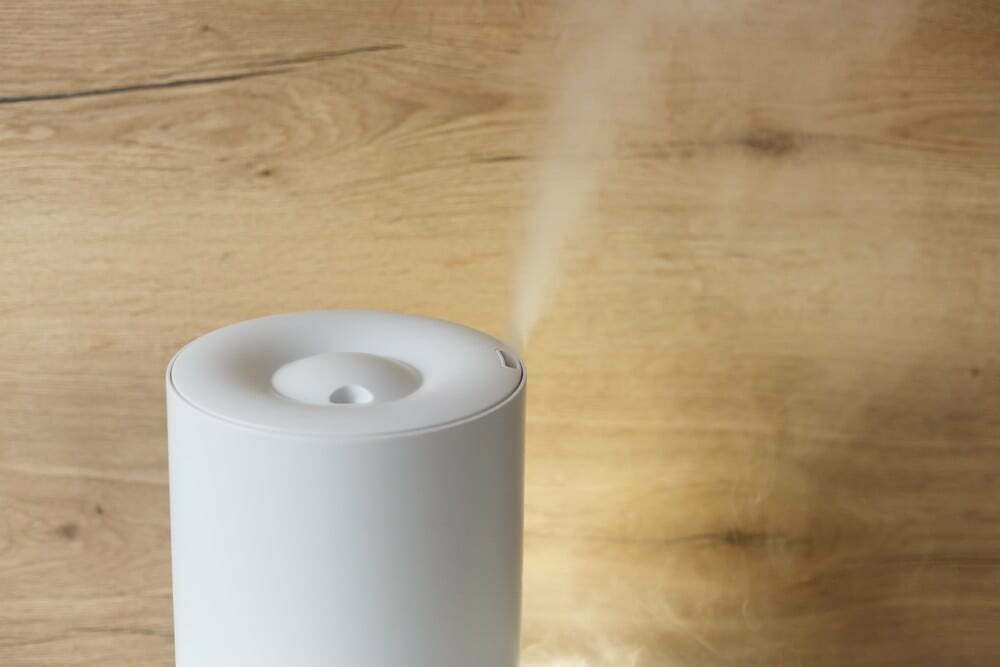













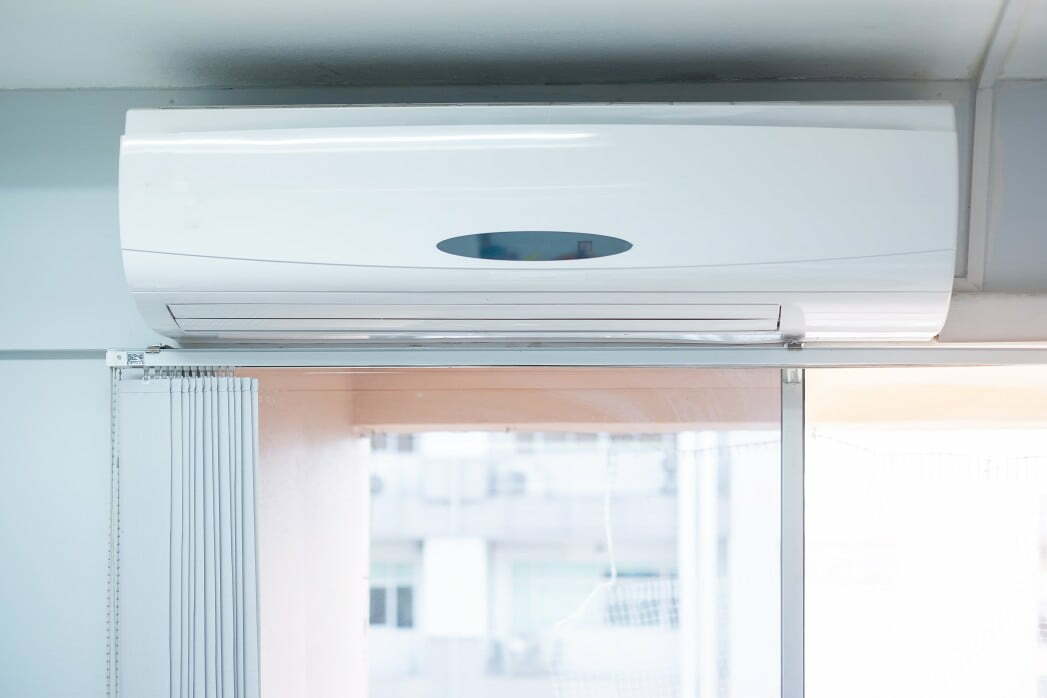
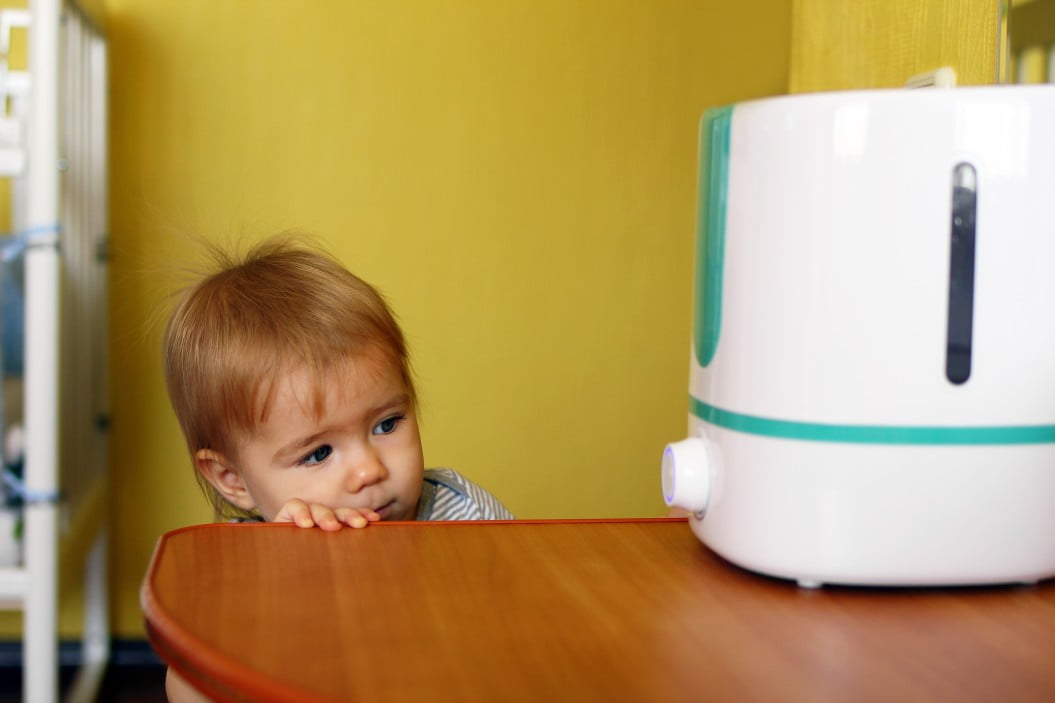
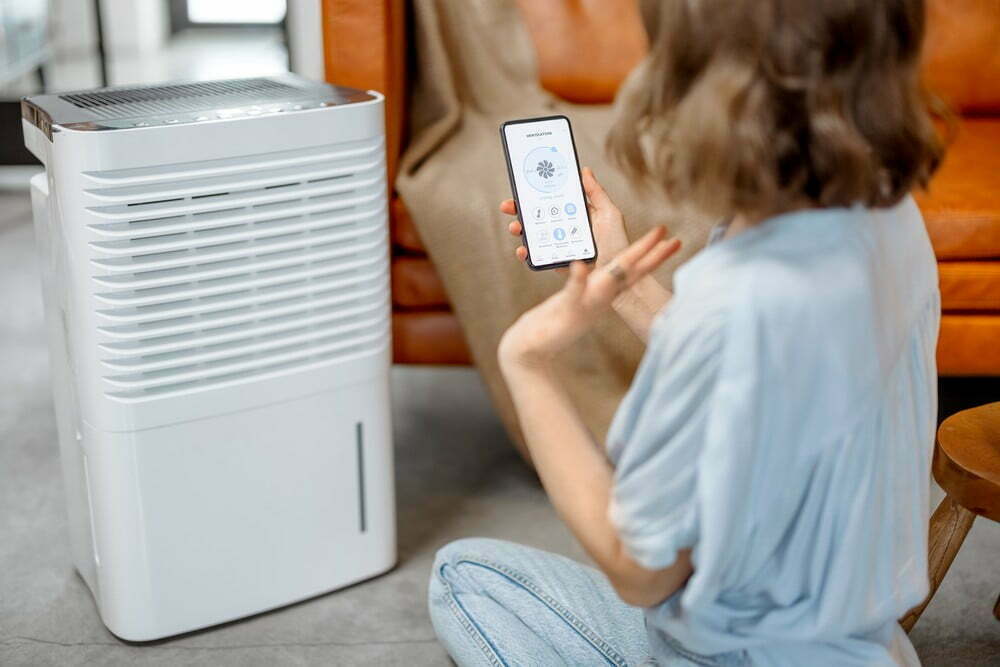
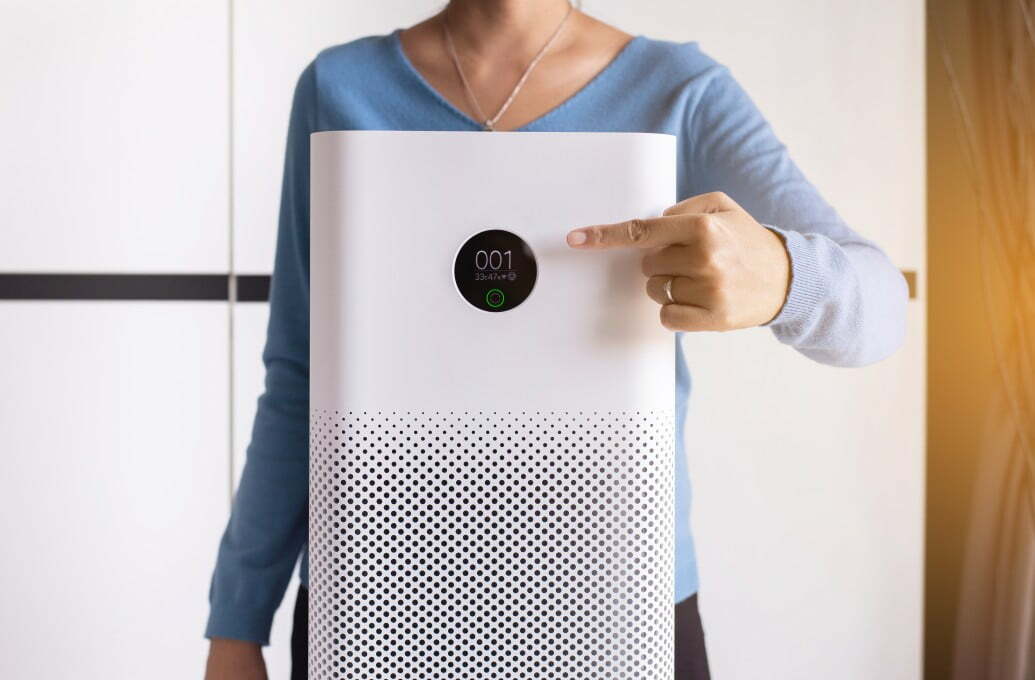
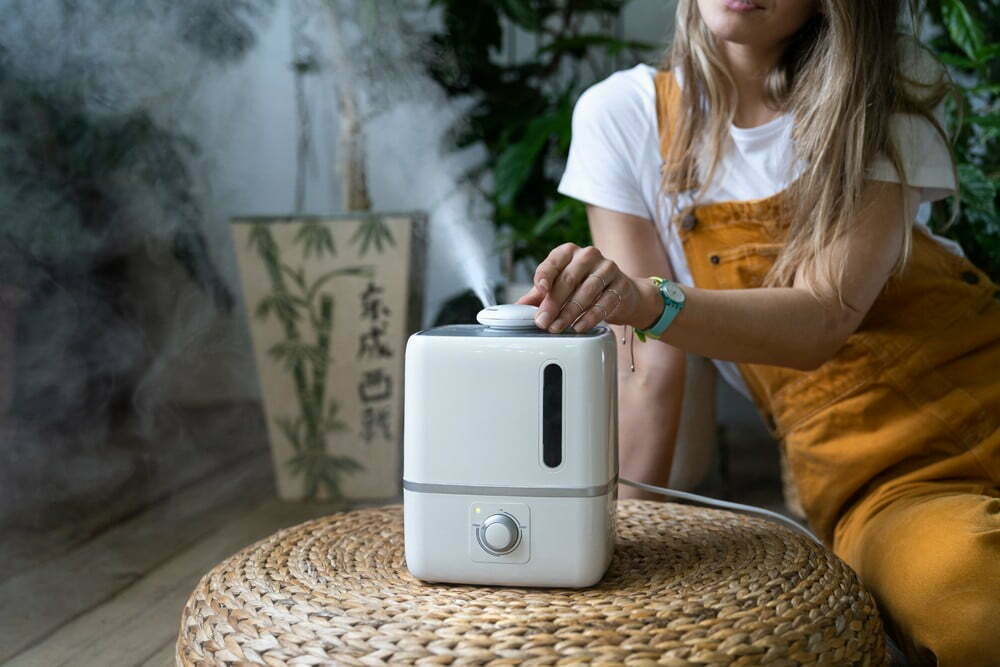


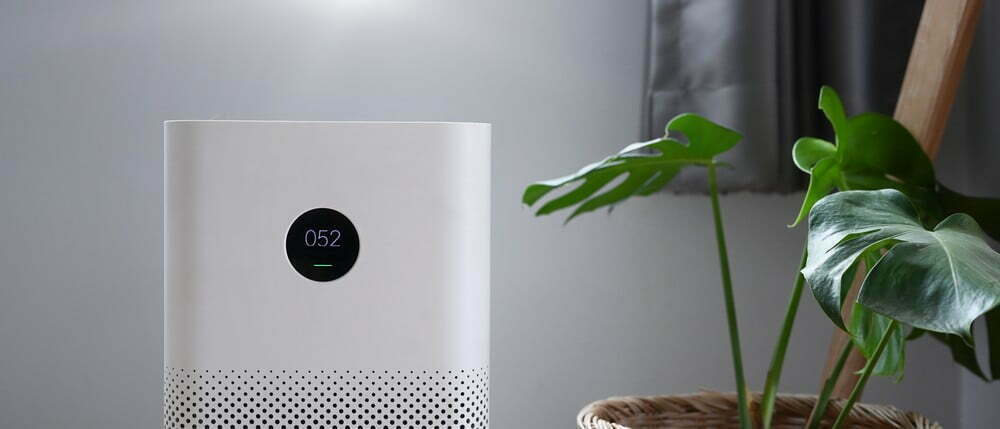
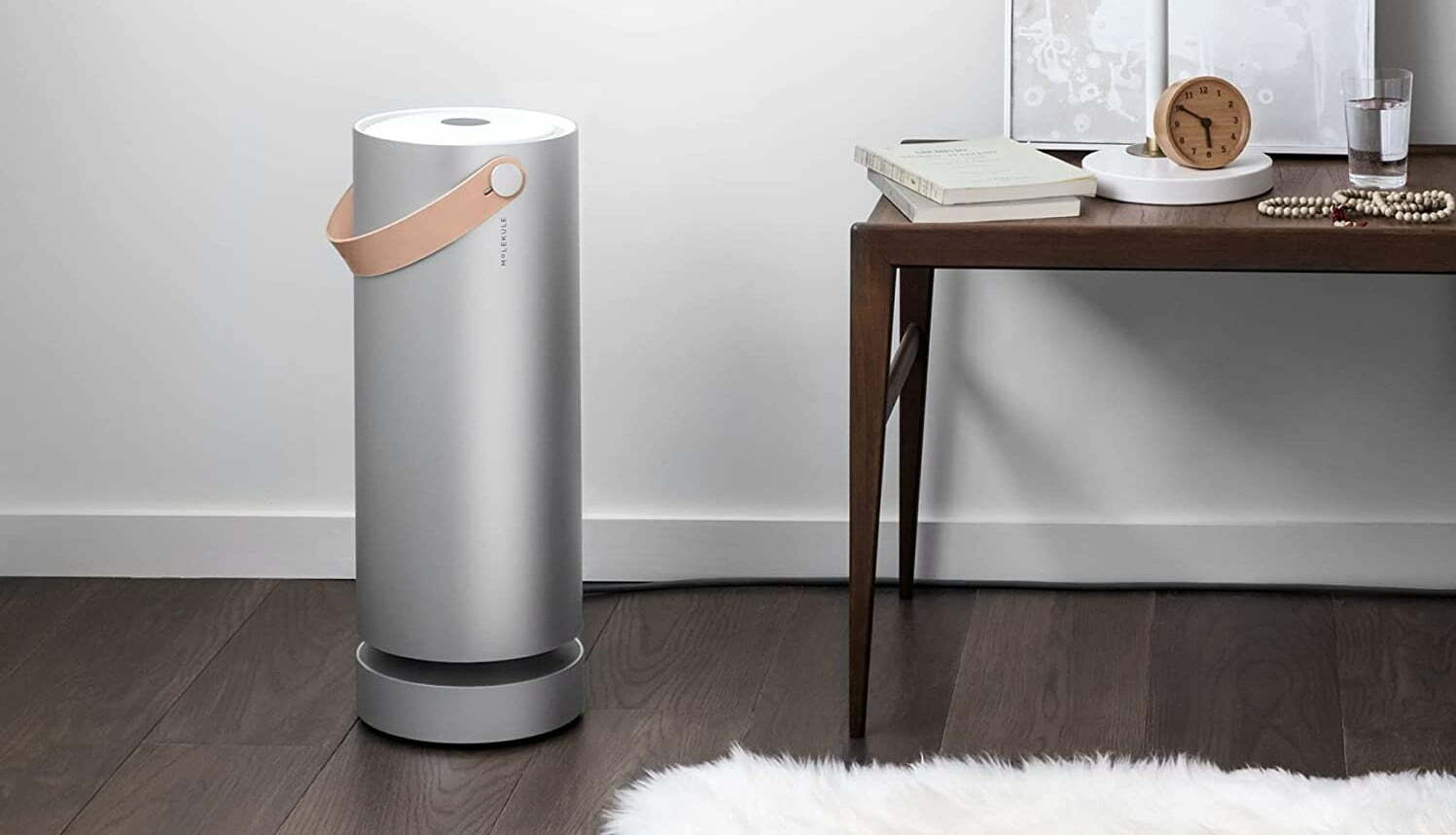
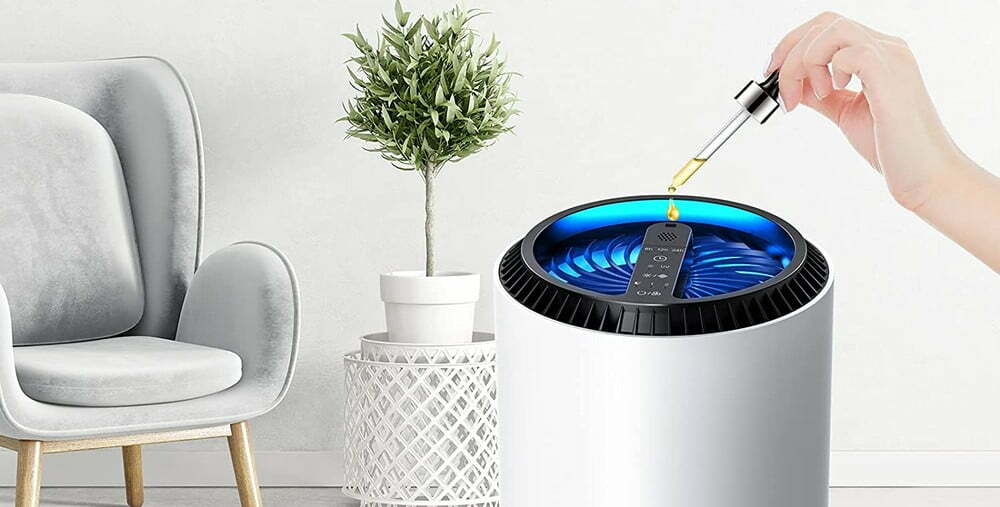
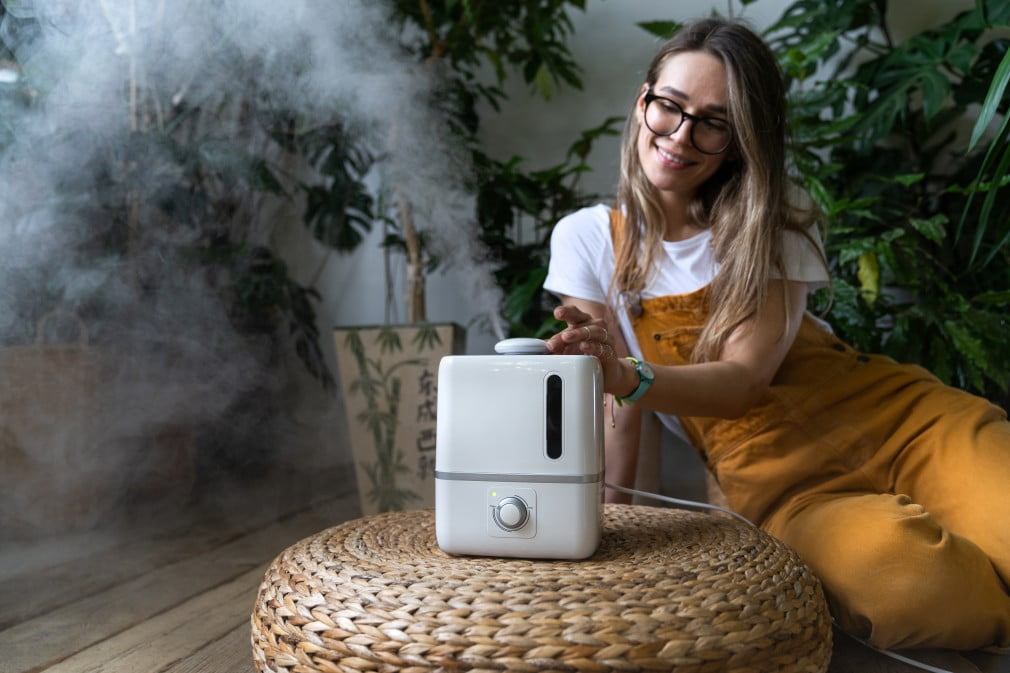
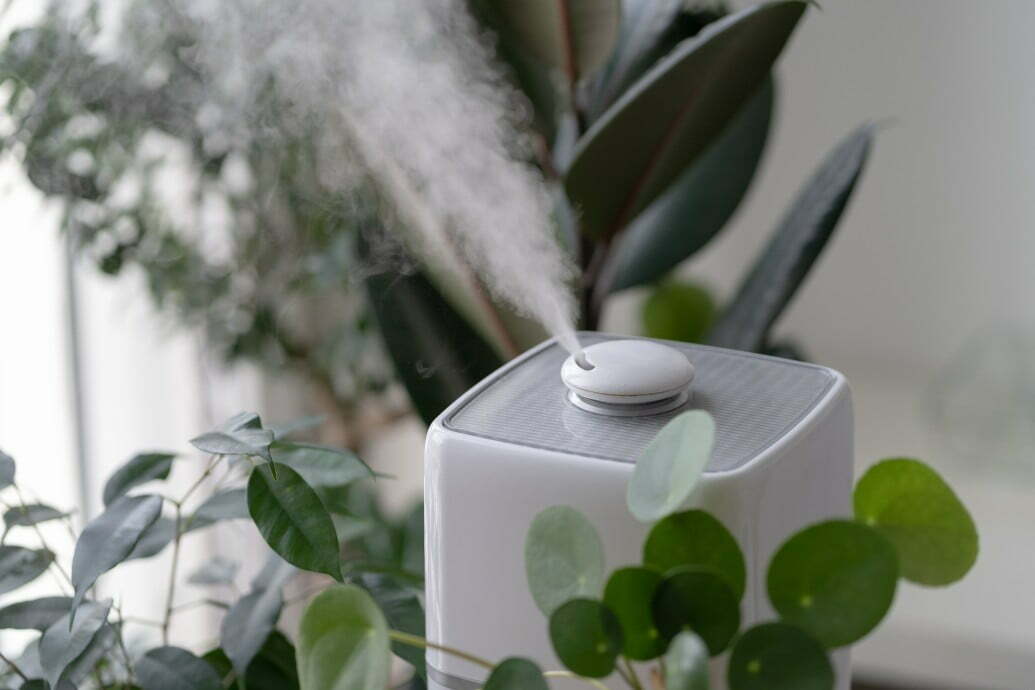

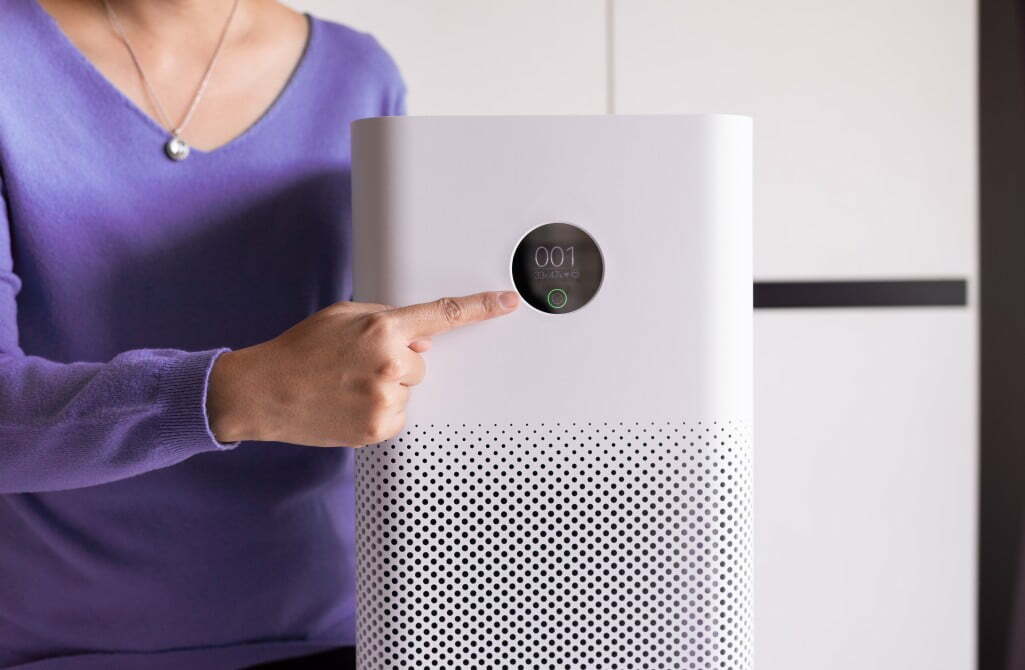
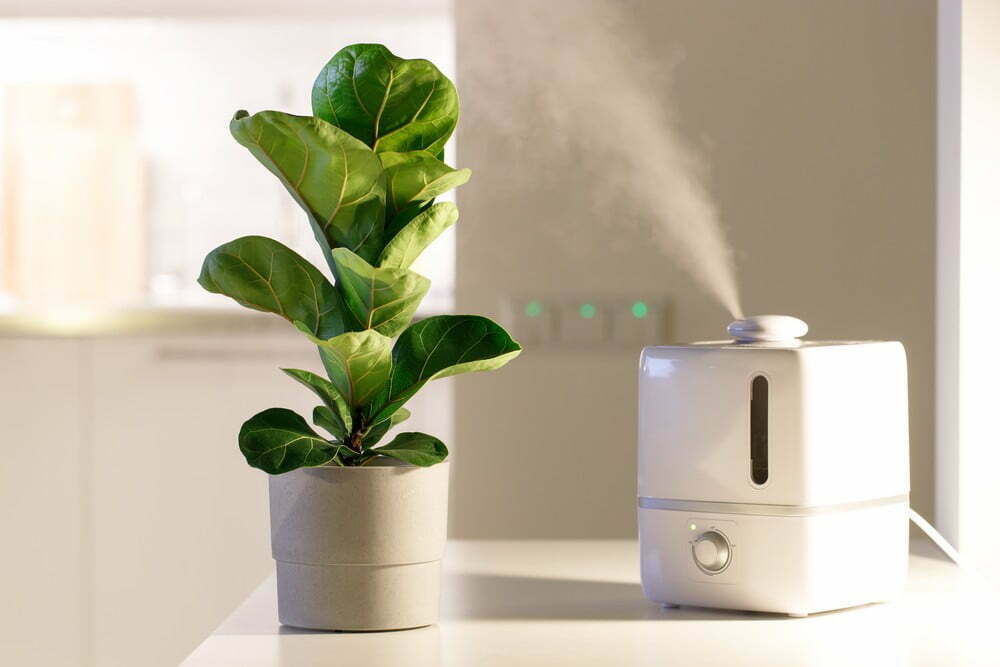

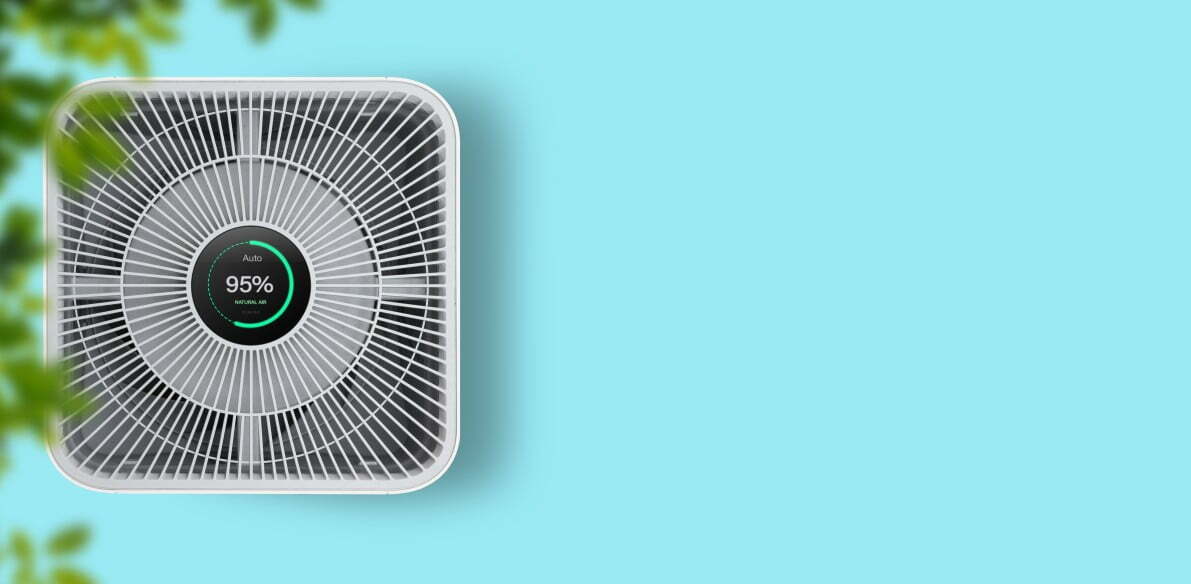
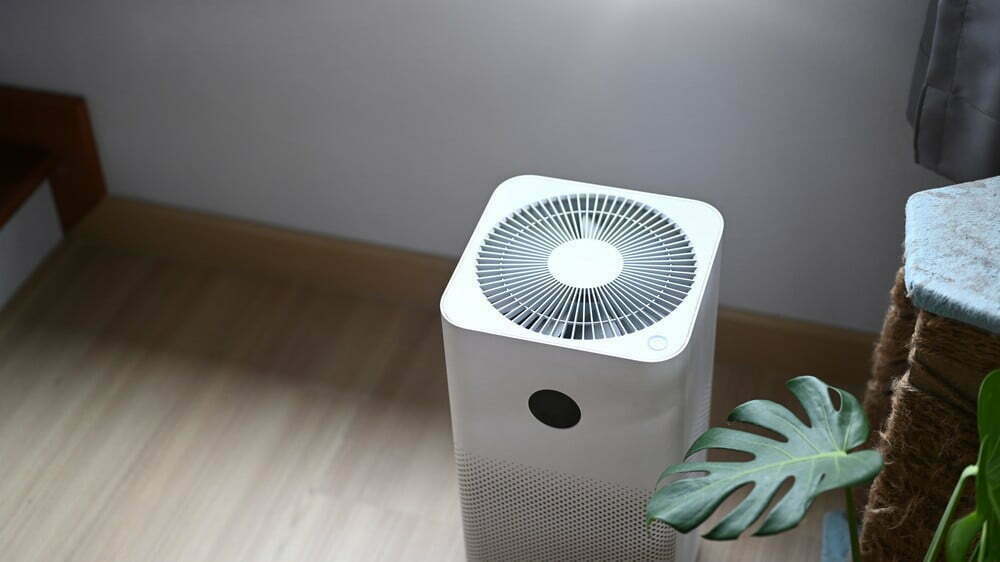
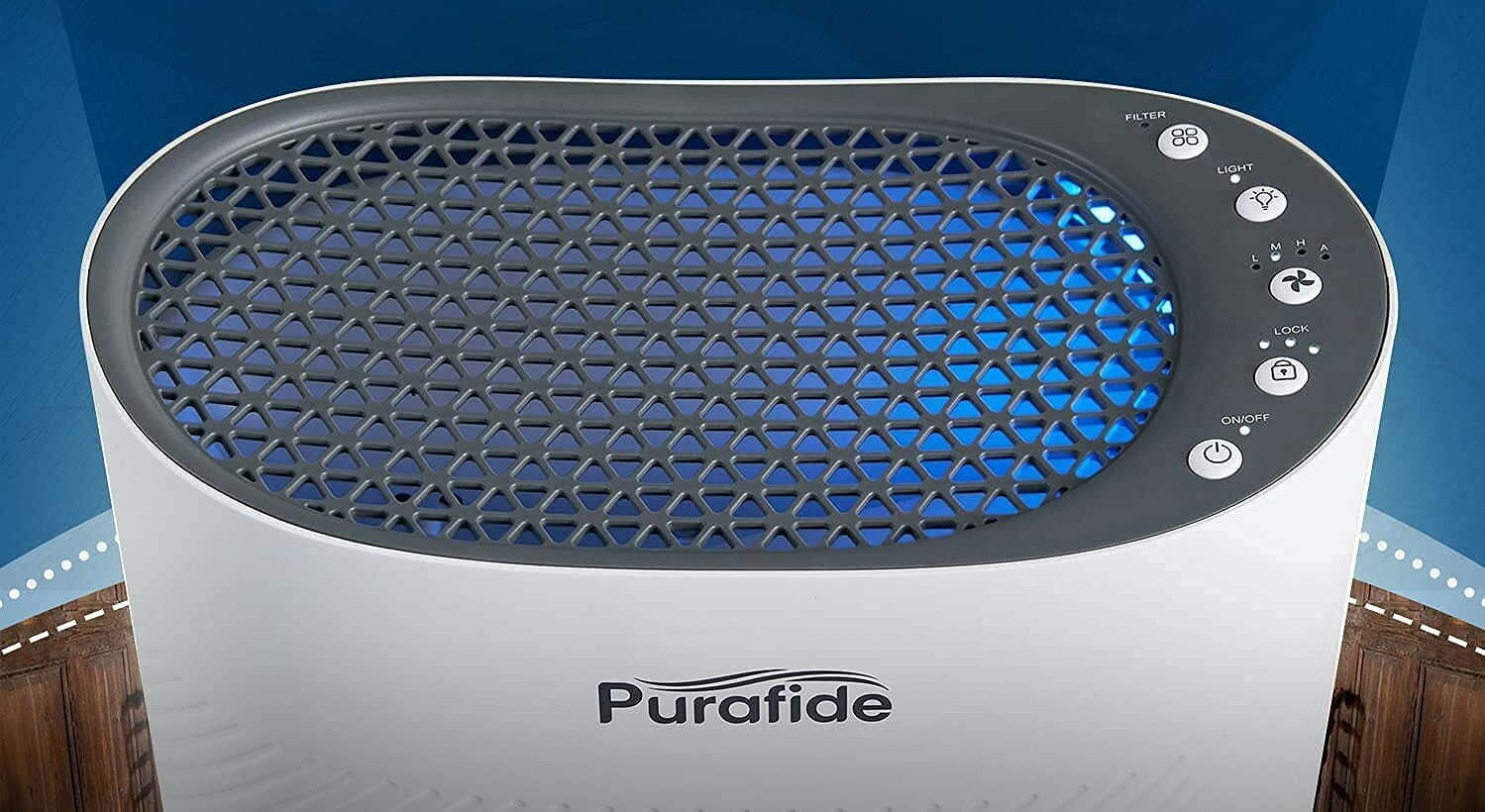
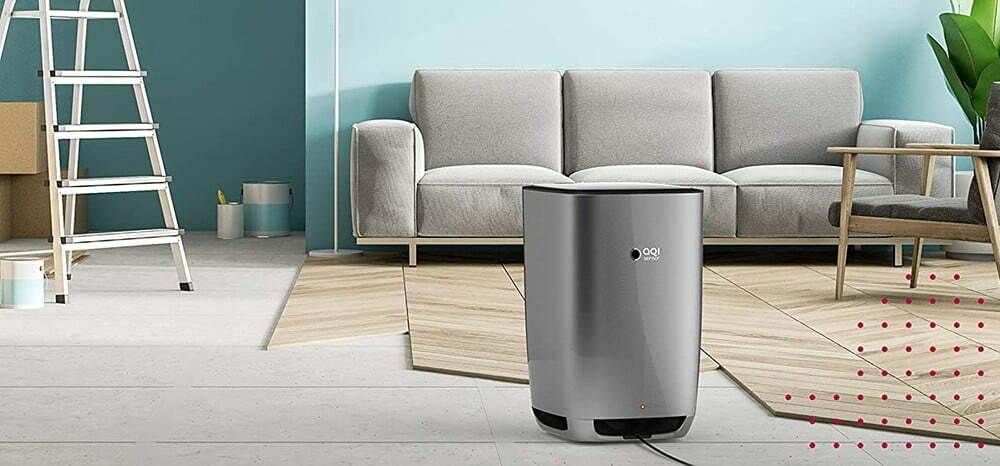
![Best Air Purifiers for VOCs and Formaldehyde in [year] 27 Best Air Purifiers for VOCs and Formaldehyde in 2026](https://www.gadgetreview.dev/wp-content/uploads/best-air-purifier-for-vocs-and-formaldehyde-image.jpg)
![Best Air Purifier in [year] ([month] Reviews) 28 Best Air Purifier in 2026 (January Reviews)](https://www.gadgetreview.dev/wp-content/uploads/Honeywell-True-HEPA-Allergen-Remover-HPA300-e1475603569442.jpg)
![Best Air Purifiers for Dust in [year] 29 Best Air Purifiers for Dust in 2026](https://www.gadgetreview.dev/wp-content/uploads/best-air-purifier-for-dust-image.jpg)
![Best Honeywell Air Purifiers in [year] 30 Best Honeywell Air Purifiers in 2026](https://www.gadgetreview.dev/wp-content/uploads/best-honeywell-air-purifier-image.jpg)
![Best Germicidal Air Purifiers in [year] 31 Best Germicidal Air Purifiers in 2026](https://www.gadgetreview.dev/wp-content/uploads/best-germicidal-air-purifier-image.jpg)
![Best Filterless Air Purifiers in [year] 32 Best Filterless Air Purifiers in 2026](https://www.gadgetreview.dev/wp-content/uploads/best-filterless-air-purifier-image.jpg)
![Best Levoit Air Purifiers in [year] 33 Best Levoit Air Purifiers in 2026](https://www.gadgetreview.dev/wp-content/uploads/best-levoit-air-purifier-image.jpg)
![Best Air Purifiers for Smoking Weed in [year] 34 Best Air Purifiers for Smoking Weed in 2026](https://www.gadgetreview.dev/wp-content/uploads/best-air-purifier-for-smoking-weed-image.jpg)
![Best Quiet Air Purifiers in [year] 35 Best Quiet Air Purifiers in 2026](https://www.gadgetreview.dev/wp-content/uploads/best-quiet-air-purifier-image.jpg)
![Best Desktop Air Purifiers in [year] 36 Best Desktop Air Purifiers in 2026](https://www.gadgetreview.dev/wp-content/uploads/best-desktop-air-purifier.jpg)
![Best Dyson Air Purifiers in [year] 37 Best Dyson Air Purifiers in 2026](https://www.gadgetreview.dev/wp-content/uploads/best-dyson-air-purifier.jpg)
![Best Air Purifiers for Dorm Room in [year] 38 Best Air Purifiers for Dorm Room in 2026](https://www.gadgetreview.dev/wp-content/uploads/air-purifier-for-dorm-room-1.jpg)
![Best Air Purifiers for Office in [year] 39 Best Air Purifiers for Office in 2026](https://www.gadgetreview.dev/wp-content/uploads/best-air-purifier-for-office.jpg)
![Best Air Purifiers for Basement in [year] 40 Best Air Purifiers for Basement in 2026](https://www.gadgetreview.dev/wp-content/uploads/best-air-purifier-for-basement.jpg)
![Best Air Purifiers For Odor in [year] 41 Best Air Purifiers For Odor in 2026](https://www.gadgetreview.dev/wp-content/uploads/best-air-purifier-odor.jpg)
![10 Best Personal Air Purifiers in [year] 42 10 Best Personal Air Purifiers in 2026](https://www.gadgetreview.dev/wp-content/uploads/best-personal-air-purifiers.jpg)
![10 Best Plug In Air Purifiers in [year] 43 10 Best Plug In Air Purifiers in 2026](https://www.gadgetreview.dev/wp-content/uploads/best-plug-in-air-purifier-image.jpg)
![10 Best Whole House Air Purifiers in [year] 44 10 Best Whole House Air Purifiers in 2026](https://www.gadgetreview.dev/wp-content/uploads/best-whole-house-air-purifier-image.jpg)
![10 Best Large Room Air Purifiers in [year] 45 10 Best Large Room Air Purifiers in 2026](https://www.gadgetreview.dev/wp-content/uploads/Coway-Airmega-200M-Large-Room-Air-Purifier-900x900-1.png)
![10 Best UV Air Purifiers in [year] 46 10 Best UV Air Purifiers in 2026](https://www.gadgetreview.dev/wp-content/uploads/best-uv-air-purifier.jpg)
